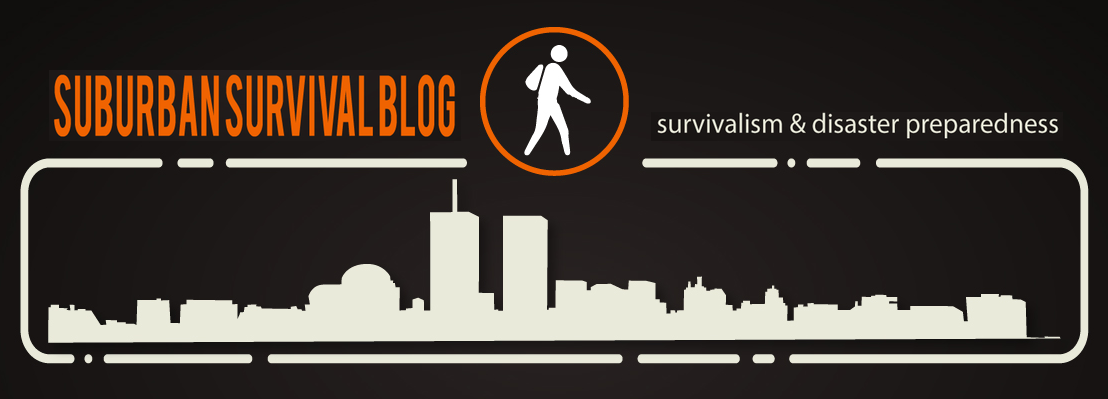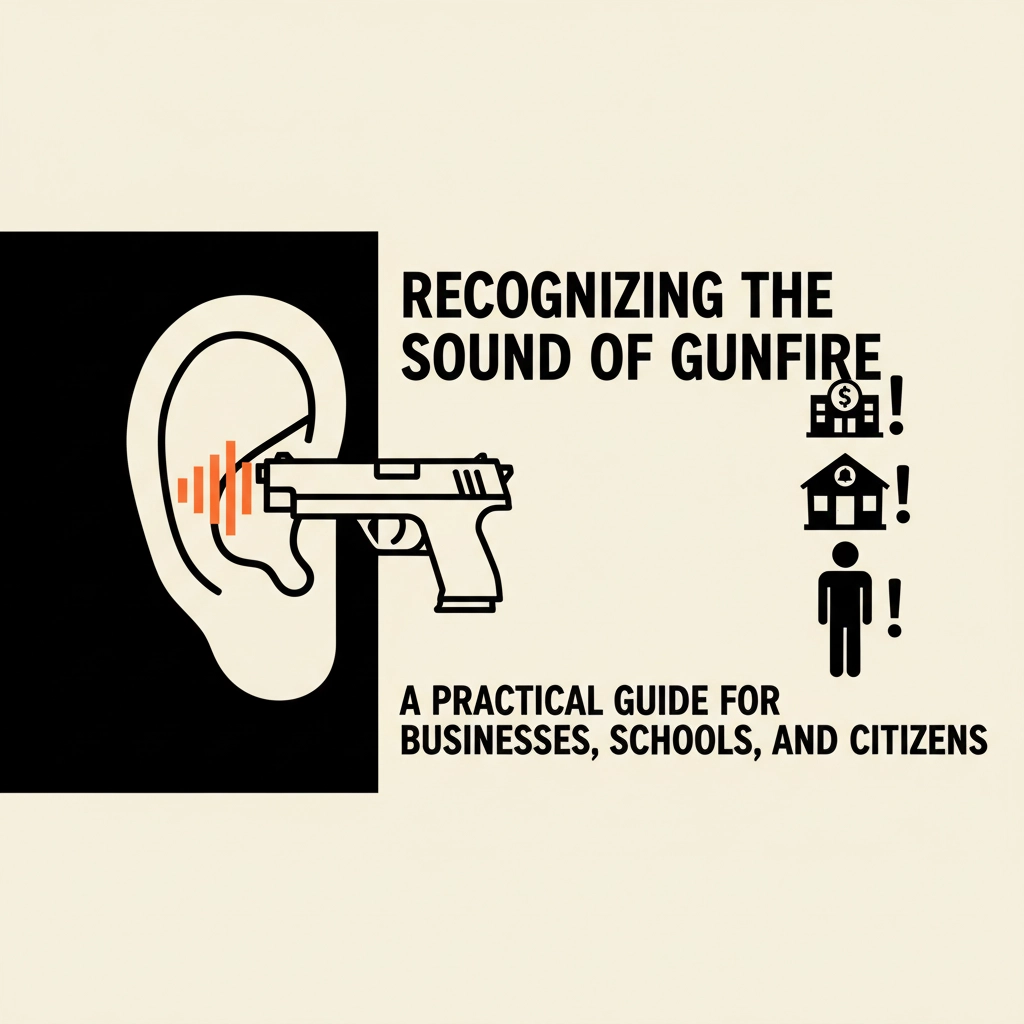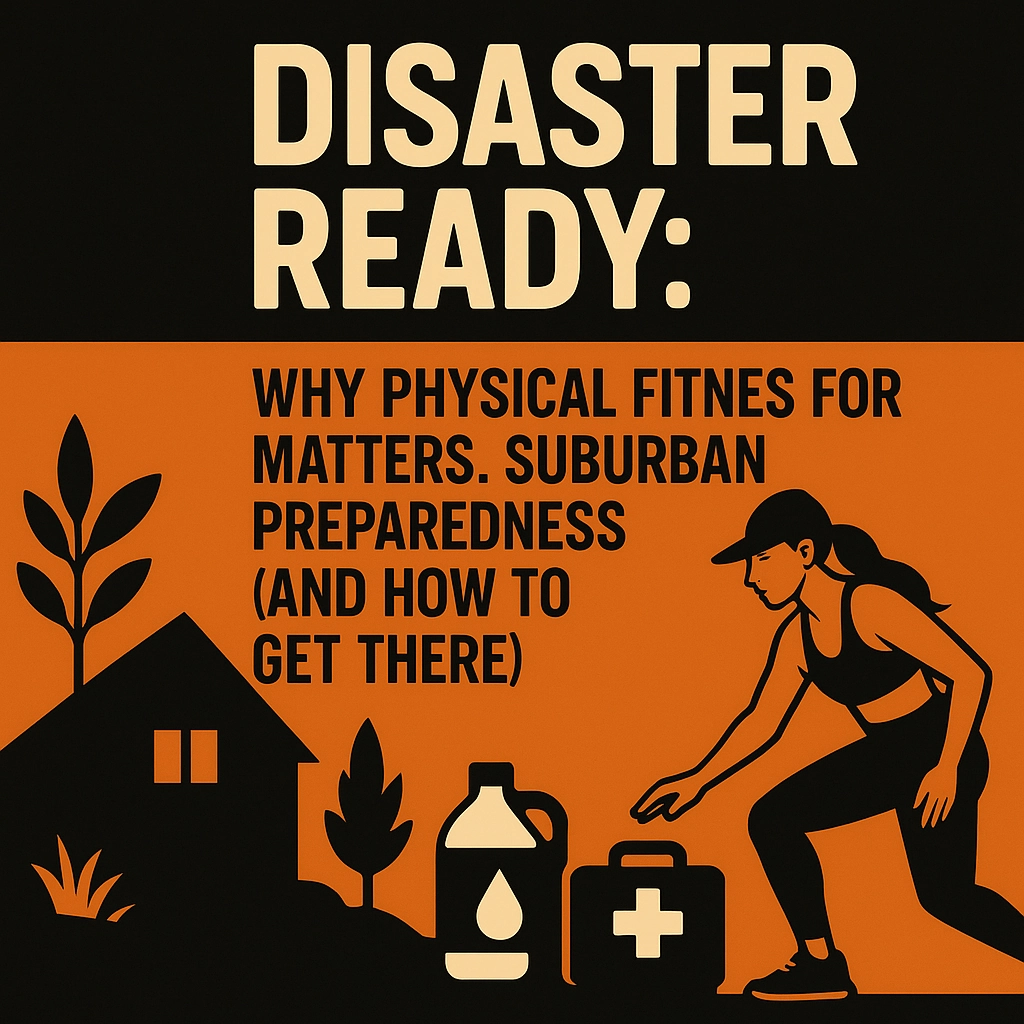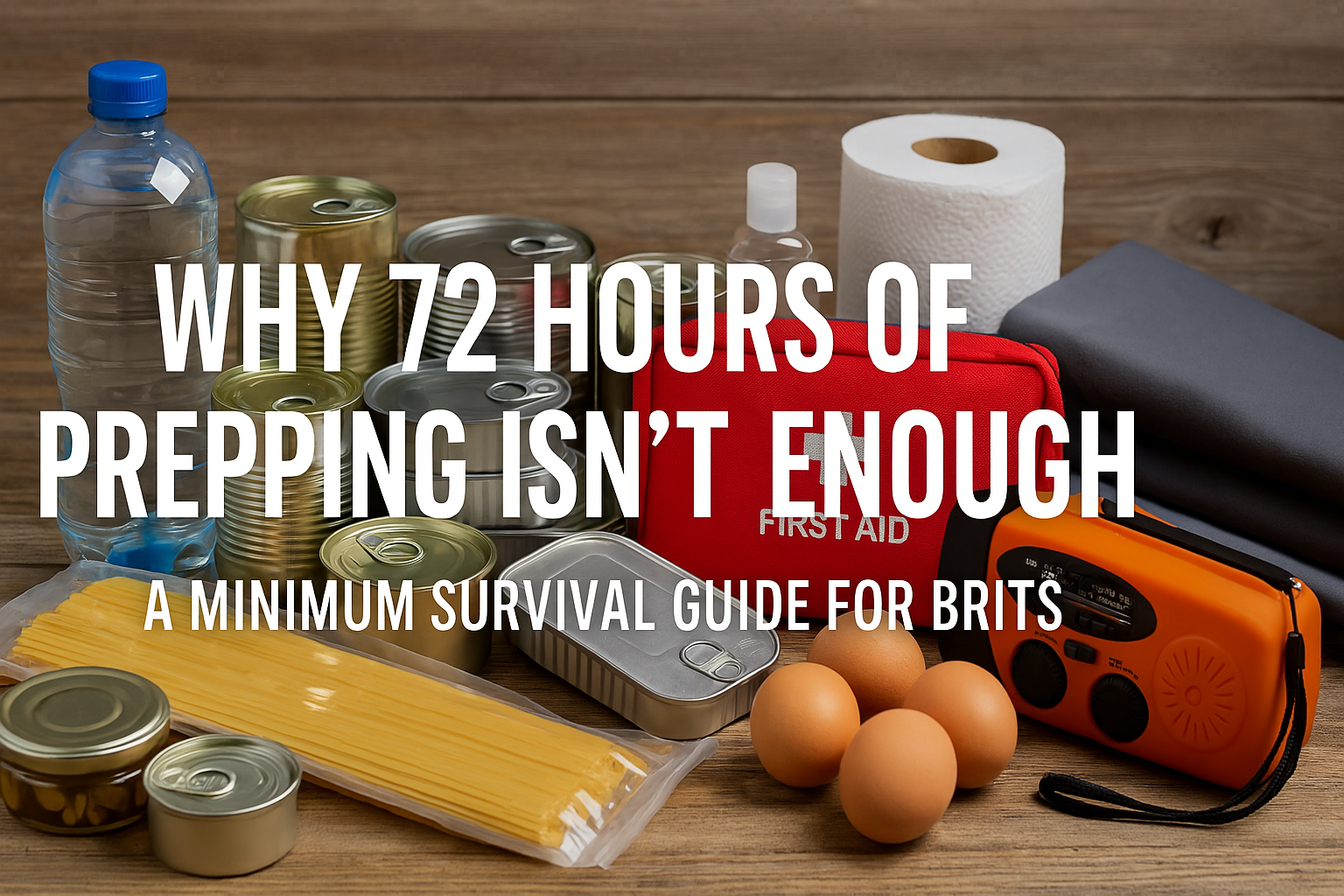
I try never to write political pieces for Suburban Survival Blog, because I know preparedness spans across all political spectrums. However, I feel compelled to make a few points here that could affect not only New York City but also our nation and the Constitution.
New York City is not just any city; it is one of the financial engines of not only the U.S. but the world. When its economic foundations shake, the tremors extend far beyond the five boroughs. Mayor-elect Mamdani’s agenda includes major shifts:
Higher Taxes on the Wealthy and Corporations
One of his signature proposals is raising the corporate tax rate to 11.5% (to match New Jersey) and instituting a flat 2% tax on individuals earning more than $1 million. On its face, this might sound like “the wealthy can afford it,” but there are several knock-on risks:
- Corporations and high-income individuals have mobility. In today’s economy, companies may relocate their offices or residences to states or cities with more favorable tax regimes. A flight of capital and talent would shrink the city’s tax base, making it harder to fund all the promises.
- Increased tax burdens also dampen investment, hiring, and innovation, exactly what a city with global ambitions needs.
- Given New York’s very high cost of living, adding more tax pressure on those who choose to stay raises the risk that they will simply choose not to stay , leaving the city with lower revenue and fewer high?earning households.
Rent Freeze on Roughly One Million Rent-Regulated Apartments
Mamdani campaigned on the promise of freezing rent on about one million rent-regulated units. This sounds appealing to tenants, but carries serious unintended consequences:
- Landlords may pull out of the rent-regulated market, reduce maintenance, or convert units to non-regulated uses, thereby shrinking the available housing supply.
- Property owners may avoid investing in new multifamily housing or high-rise construction if returns are constrained, thereby reducing new housing stock and exacerbating the affordability problem.
- A shrinking supply of rental units (especially in desirable neighborhoods) will increase pressure on nearby suburbs, driving up rents and home values there, squeezing middle-income households.
Free City Bus Services & Expanded Welfare Programs
Mamdani’s plan includes making city buses free for all riders. He’s also pitched expanding welfare and other public services. While on the surface those policies are humanitarian, they come with fiscal and systemic risks:
- The revenue to pay for free buses must come from somewhere: increased taxes, borrowing, or service cuts elsewhere. New York’s transit system already faces serious deficits and fare-evasion issues.
- Expanding welfare and free services could attract greater demand than the city can sustainably fund, especially if economic growth slows under a heavier tax regime.
- If the cost structures become unsustainable, the city could face deficits, bond rating downgrades, increased borrowing costs, and eventually service cuts or tax hikes on broader groups of residents (including suburban commuters relying on city infrastructure).
The Broader Implications: From City to Suburbs to Nation
What happens in New York doesn’t stay in New York. The interconnectedness of the economy, financial markets, migration patterns and politics means the ripple effects could spread.
Suburban Spillover
- Suppose Manhattan and the five boroughs become less business-friendly (due to high taxes or regulatory burdens). In that case, companies might relocate to New Jersey, Westchester, Connecticut, or further, shifting jobs and tax burdens outward.
- Middle?income families who commute into the city could face declining public transit service, increased taxes or reduced services, either in the city or via cost pass-throughs to suburbs.
- Housing pressure may increase in suburbs if renters flee the city due to rising costs or reduced quality of city services. That means higher home prices, more congestion, and changing demographics in the suburbs.
Opening the Door to National Socialist Politics (A Stark Warning to All)
Mamdani’s win is being seen as a symbolic pivot , the kind of assertion that if a democratic socialist can win New York City, then maybe a similar candidate could run for governor or even president. This matters because:
- The national Democratic Party may feel emboldened to push further to the left in future races, potentially altering the balance of power.
- If federal policy begins to shift in line with city-level experiments (such as tax hikes, major service expansions, and higher regulation), the U.S. economic model could face structural pressures.
- Suburban voters and moderate Democrats who feel alienated may disengage or switch allegiances, shifting election outcomes in states previously considered safe.
Federal/Local Conflict and Tension for All
There are already signs of tension between Mamdani and the national leadership. For example, his critics include Donald Trump, who has threatened to withhold federal funding from New York City. A failure to manage the city’s budget while engaging in ideological conflict could invite federal intervention, undermine local autonomy, and create a climate of uncertainty for businesses and residents.
Why This Might Be One of the Worst Decisions for New York City, and Why Suburbanites Should Care
Putting all the pieces together, here’s a breakdown of why Mamdani’s election is particularly perilous:
Economic Risk is Magnified in NY
Unlike smaller cities, New York cannot afford large missteps. Its infrastructure, global financial role, real-estate markets, and commuter networks make it especially vulnerable. A shrinking business tax base or flight of capital will have outsized effects.
Unfunded Mandates & Unrealistic Promises
Free buses, rent freezes, and large welfare expansions may be politically popular, but if not economically sustainable, they will lead to service degradation or hidden tax burdens. The mismatch between promises and fiscal realities could create a crisis of expectations and services.
Social and Demographic Strain
If landlords pull back, affordable housing becomes scarce, and the quality of life in the city deteriorates, the flight of residents to the suburbs will accelerate. That could disrupt metropolitan planning, commuter networks, school districts, and regional tax bases.
National Precedent-Setting
If NYC becomes a showcase for large-scale socialist economics that fail or trigger flight, it will caution other cities , but if it succeeds, it may embolden left-wing contenders nationally. That means potentially bigger shifts in tax policy, regulation, and economic model across the U.S.
Suburb-City Linkage
Suburban counties and municipalities with ties to New York City will feel the effects of any downturn or upheaval in Manhattan. Commuters, businesses, supply chains, and regional funding are interdependent. So while the city bears the policies, the suburbs pick up part of the mess.
What Can Citizens & Suburban Households Do to Prepare?
Since many suburban residents are tied economically, socially or infrastructurally to New York City, you should begin preparing now for potential shifts:
- Review your budget and tax exposure. If New York City’s tax increases drive businesses or high earners out, expect ripple effects in property values and job markets in surrounding states.
- Evaluate housing plans. If housing becomes more constrained in the city, demand for suburban properties may surge. That could be beneficial (in terms of equity) or detrimental (through higher taxes and changes in neighborhood character).
- Keep an eye on public transit & infrastructure. If city services decline, commuting may become more difficult or expensive, forcing suburban households to adjust their schedules or costs.
- Diversify income sources and job location. Dependence on jobs in the city may become riskier if corporate offices move or hiring slows. If possible, look for more flexible arrangements (remote work, satellite offices).
- Stay politically informed and engaged. Local elections matter hugely. Whether it’s county boards, commuter authorities, or regional alliances, what happens in NYC affects the broader region. Encourage transparency, fiscal discipline, and intergovernmental cooperation.
- Build community resilience. If service cuts occur (transport, sanitation, transit), at the very least, be aware of your alternative routes, carpool options, backup plans for school or work shifts, and local support networks.
The Bottom Line
The election of Zohran Mamdani as mayor of New York City marks a pivotal moment. On one hand, it signals a major shift toward progressive, even socialist, governance in one of the world’s great cities. On the other hand, it is precisely those bold shifts that carry the greatest risk, particularly in a city that relies on business investment, talent retention, infrastructure stability, and a global reputation.
For New York City itself, the danger is that tax hikes, service expansions, rent freezes, and free transit may sound admirable, but if not carefully designed and fiscally managed, they could trigger corporate flight, real estate decay, budget deficits, and service shortfalls.
For the suburbs and the nation, the risk is broader: New York is a hub. When it falters, its ripple effects spread. Suburban households should view this not as a distant ideological experiment, but as a real shift with tangible implications. Job markets, housing demand, tax burdens, commuting patterns , all may change.
And for the country, Mamdani’s election sends a signal: socialist-leaning policies could expand beyond the city level. Should they succeed, the model could be pitched for statewide or national adoption, with consequences we can only partly predict.
In short, this is one of those local elections whose result has national stakes. And for individuals and households committed to stability, prosperity, and preparedness, now is the time to pay attention, get ready, and make sensible plans.








